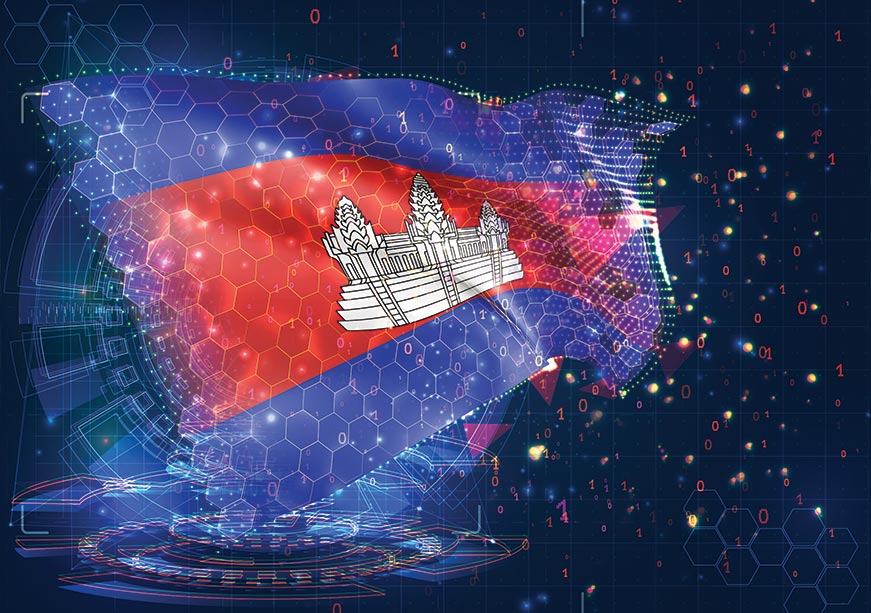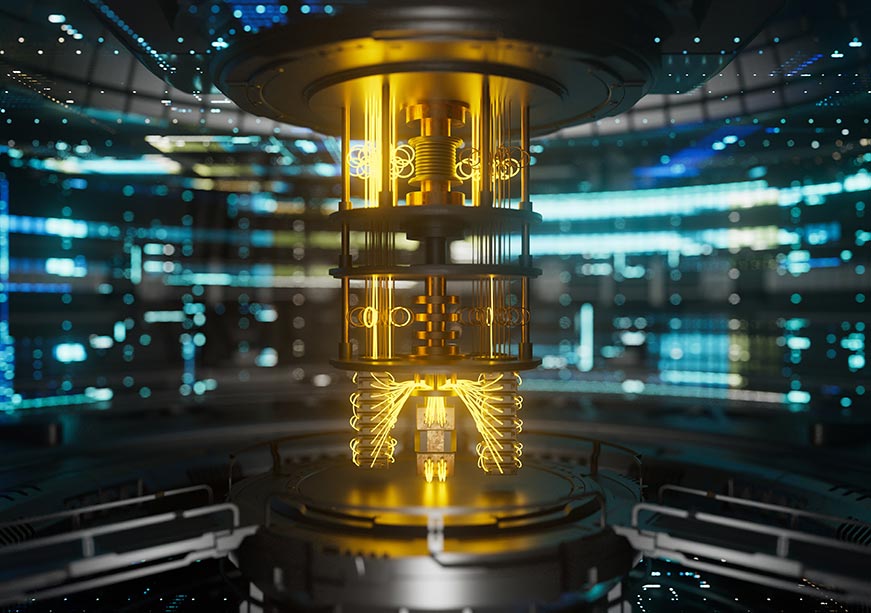The US Quadrennial Defense Review panel’s recent (July 29, 2010) report to the US Congress had a very telling remark about Pakistan Army and its intelligence agencies which raises a whole new spectre of violence the world is likely to confront in the years ahead. The report warned of the possibility of an `Iran-like revolution` in Pakistan aided and abetted by its radicalised military and intelligence agencies. There was a possibility, the report said, of extremist and radical parties taking control of Pakistan with the help of the armed forces.
What the report did not say was that there was a greater possibility of Pakistan Army itself being taken over by officers who are either radicalised or are sympathetic to extremist ideologies and groups.
Today, the half-a-million strong Pakistan Army poses the gravest threat to peace and stability in the region than even al Qaida and its clones. Two reasons are sufficient to support this thesis. First, the armed force has spawned and supported terrorist and extremist groups for over half-a-century for strategic reasons. This has given Pakistan Army a unique experience of working with extremist and terrorist groups, and their criminal allies, much more than that of other armies in the world. By supporting such groups, the army has created a huge reserve force which can be put to use as a cannon fodder (like in Kargil conflict) or to cause immense damage to India (like the Mumbai attack).
In Punjab alone, there is an estimated 500,000 men who have had some kind of training at the terrorist camps in the past two decades. Of this, at least 100,000 have had arms training. Several other hundred and thousands are studying and working with groups like Jamaat-ud Dawa which espouse a terrorist agenda. Then, there is a network of retired men and officers from the armed forces which is aligned to the radical cause and groups. For instance, Tanzeemul Ikhwan, one such group based near Rawalpindi, has a few thousand Pak Army soldiers and officers as members. In fact, at one point of time, the leader of the group, a retired Major boasted that he had a support of 300,000 retired personnel.
Radical teachings and preachers had sympathisers and support among the officers and men since
1947. As most of them had witnessed or suffered loss during the Partition, their hatred towards a `Hindu` India overwhelmed their professional conduct and training honed in the British India Army. Major General Akbar Khan was one of the first `rogue` Generals who decided to work independently of the civilian government to launch an attack with the help of an armed group of tribals on India, a few months after Independence, to wrest control of Kashmir. Though he failed in his attempt, Khan set a precedent in the army to use proxy terrorist groups as instruments of State policy against India. Pakistan’s first military dictator, General Ayub Khan, legitimised this policy by advocating the need for an asymmetric warfare to counter conventionally superior countries like India. Ayub was the first Chief of Army Staff to use religious symbols and invocations to bolster his army’s morale to take on the Indian Army in 1965.
Since the Ayub days, Pakistan Army has steadily been drawn into the Islamic concept of warfare with President Zia-ul Haq carrying out a sweeping programme of radicalisation of the armed forces from the recruitment and the training stages. Mosques and clerics appeared inside cantonments and it became mandatory for officers seeking promotions to know not only about Quran but also the thoughts and teachings of radical preachers like Maulana Maududi. In fact, Zia used to present a copy of Maududi’s book on Quran and Jihad to the promoted or rewarded officers. Zia and his men transformed the army of a Muslim nation into an Army of Islam with the result that Pakistan Army today sees itself not only as a defender of sovereignty but also, more importantly, as the protector of Islam.
This is one of the strongest motivations for Pakistan Army to create and maintain the massive terrorist infrastructure in Pakistan today. These jihadi groups today offer Pakistan, in the real sense, a `strategic depth` and there are no compelling reasons on the horizon to come clean on this front.
But it is not the terrorist groups operating out of Pakistan which pose the gravest threat but the military which sustains these groups. The military in Pakistan is radicalised to a great extent. There are, and have been, considerable number of senior officers (Lt. General Hamid Gul is only one among them) who have fought `for Islam` more than for Pakistan. In fact, almost the entire top leadership of Pakistan Army today has been, as young officers, part of the Zia indoctrination agenda and are disinclined to rid the force of its radical streak. These officers can be clearly demarcated as those who believe themselves as the military arm of the Caliphate,and those who are quite comfortable with using terrorist groups as instruments of stealth and strategy against adversaries, even if some of them have turned against the masters. To be fair, the first group of officers is few in numbers but their presence and influence on the attitudes within the force is not negligible. The second group has a higher number of senior officers and therefore are a good indicator of the army’s motivations and strategies.
A large number of these officers are also sympathetic towards ideologies and activities of the terrorist groups. Many of them would be willing to help these groups as long as there was convergence of interest. Since India, Afghanistan and the US constitute `common` objectives, both the army as well as it proxies will work in tandem to sustain political instability and terrorism in the region which might manifest itself into nuclear terrorism or State failures in the years ahead, both prospects equally daunting for India, and the world in general. The Quadrennial Review’s prognosis about Pakistan Army aiding a `revolution` from within Pakistan must be taken with all seriousness in New Delhi.
Wilson John is Senior Fellow with Observer Research Foundation, New Delhi
The views expressed above belong to the author(s). ORF research and analyses now available on Telegram! Click here to access our curated content — blogs, longforms and interviews.




 PREV
PREV

